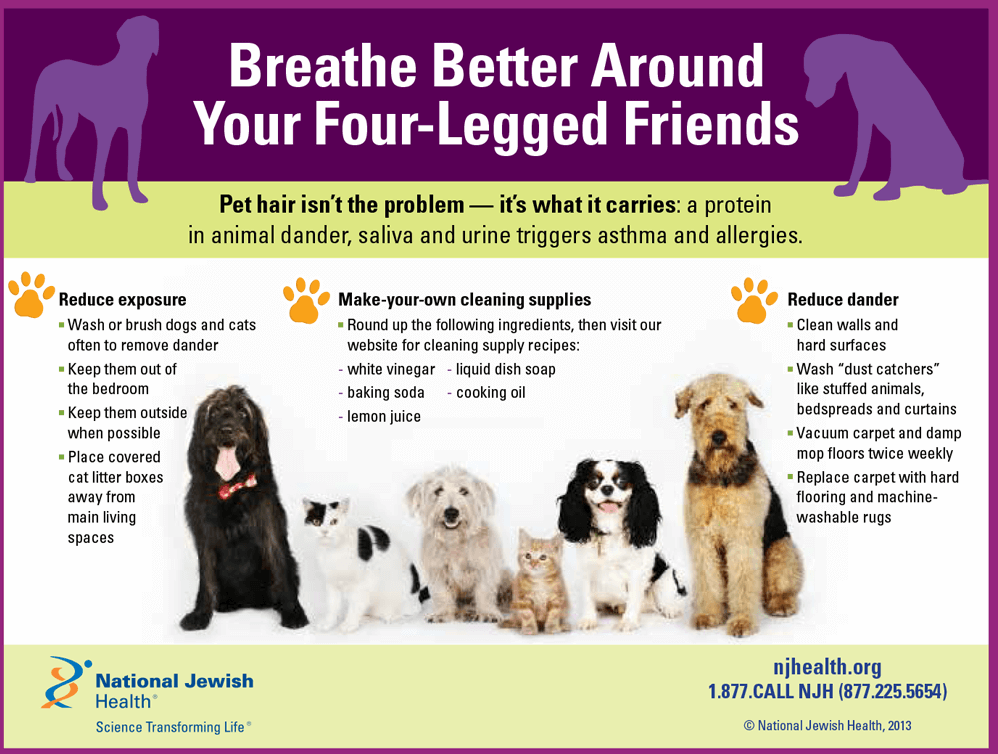Differences Between Boarding And Day Care
Differences Between Boarding And Day Care
Blog Article
What Vaccinations Are Needed For Dog Daycare?
Whether your canines hang out at day care or boarding facilities, they need to be updated on all of their needed inoculations. Core injections consist of Bordetella, rabies and DA2PP, which defend against usual conditions that pet dogs are revealed to when in close contact with others.
Non-core vaccinations consist of canine flu and leptospirosis shots. These are suggested for puppies that mingle with other pets regularly.
Core Injections
As an important part of precautionary care, dog vaccinations aid keep canines safe from transmittable conditions transferred through direct call or polluted surfaces. Vaccines boost the body immune system to produce antibodies that fight condition, and a lot of vets consider core pet injections to be vital for all animals.
Rabies
Most reputable pet day care facilities call for that your family pet be up to day on their rabies vaccination. Inoculations are carried out to puppies as early as 12-16 weeks old, and boosters are required every three years approximately till adulthood. Rabies is a deadly viral disease that spreads out via saliva, commonly from bites. A lot of states need rabies vaccinations for all canines and felines, and some even mandate rabies boosters for pet proprietors.
Distemper/Parvovirus/Adenovirus (DHPP).
This combination vaccination covers canine distemper, parvovirus, hepatitis, and adenovirus, every one of which are extremely infectious. A lot of vet workplaces offer DHPP vaccines as one shot or in a series of two to 4 shots, given 2-4 weeks apart, complied with by a yearly booster. This vaccination is a demand for most boarding and doggy daycare facilities, along with many groomers.
Bordetella/Canine Parainfluenza Vaccination.
Bordetella bronchiseptica, generally known as kennel coughing, is an extremely infectious breathing infection triggered by the germs that creates the condition. Signs and symptoms consist of relentless coughing, sneezing, nasal discharge, and high temperature. The majority of kennel coughing episodes take place in jampacked settings, such as daycare or boarding facilities, and are specifically usual in warmer climate. This injection is a demand for many day care and boarding facilities, and is frequently offered in a combination with the DHPP vaccine.
Leptospirosis Vaccine.
This is a bacterial disease that spreads through infected water, dirt, and pee. Infection can create kidney and liver damages, along with fatality, and is transmissible to people. A lot of vets will recommend this vaccination, based upon geographical board and train dog training near me place and lifestyle of the pet, for dogs that hang around outdoors or at boarding centers, in addition to some groomers. This injection is normally provided as a series of 2 to 4 shots, spaced 2-4 weeks apart, with an annual booster required for the majority of pet dogs.
Lyme Illness Vaccine.
The most common tick-borne condition in the USA, Lyme illness is transmitted by the deer tick and can cause fever, joint pain, muscular tissue discomfort, and loss of appetite. The Lyme condition vaccination safeguards against one of the most common stress of the virus, consisting of the H3N8 and H3N2 stress. Most vet centers advise this injection, particularly in risky areas, such as the Northeast, top Midwest, Mid-Atlantic, and along the Pacific coastline.
Noncore Vaccines.
Other pet dog injections, while not necessary for all pet dogs, are suggested based upon the pet dog's lifestyle and geographical area. These include the following:.